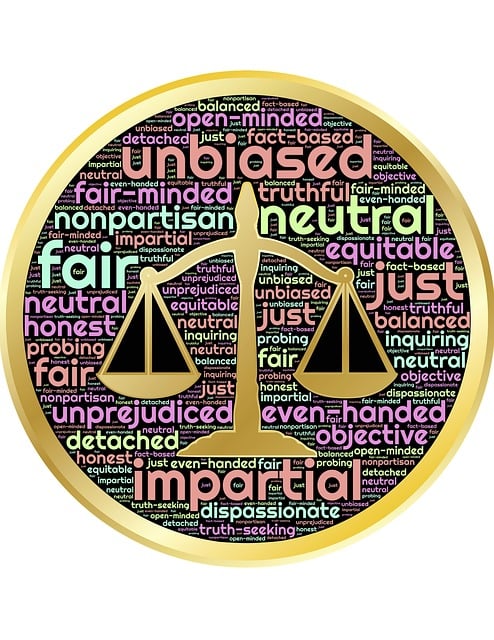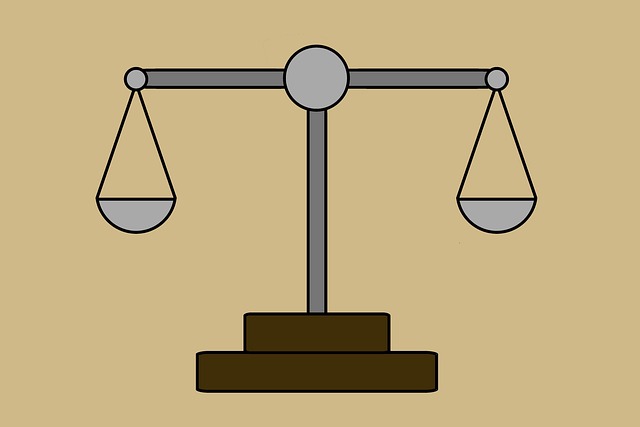RF Regulatory Agency investigations carry significant weight, so understanding your rights and appeal options is vital. If innocent, appeals can be made by compiling thorough documentation and evidence. Consulting legal professionals enhances defense strategies. The appeal process involves reviewing trial records for errors, preparing a legal brief, and understanding the appellate court's review. Common reasons to appeal include procedural errors or inaccurate findings. For criminal cases, knowing when to appeal is crucial, focusing on demonstrating unintentional transgressions and exploring potential loopholes in the initial investigation.
“Uncover the intricacies of RF Regulatory Agency Investigations, a critical aspect of maintaining compliance in today’s wireless landscape. This comprehensive guide explores the process from start to finish, empowering individuals and businesses alike. Learn about your rights and obligations during investigations, discover the appeal process step-by-step, and understand common grounds for challenging decisions. By delving into these topics, including ‘How to File an Appeal in a Criminal Case,’ readers will gain valuable insights for navigating RF agency proceedings successfully.”
- Understanding RF Regulatory Agency Investigations
- When an Investigation Occurs: Rights and Obligations
- The Appeal Process: A Step-by-Step Guide
- Common Grounds for Appealing an RF Agency Decision
- Preparing and Presenting a Compelling Appeal Case
Understanding RF Regulatory Agency Investigations

RF Regulatory Agency Investigations play a pivotal role in ensuring compliance with radio frequency (RF) standards and regulations. These inquiries are triggered when suspected violations occur, encompassing issues related to product safety, interference, and spectrum utilization. Understanding the process is crucial for individuals or entities under scrutiny. If you find yourself facing such an investigation, it’s essential to know your rights and options.
One significant aspect to consider is the ability to appeal if you believe the investigation has led to inaccurate conclusions. For instance, if a party secures a complete dismissal of all charges, they may have grounds to challenge the agency’s findings. The process involves meticulous documentation, compelling evidence, and legal strategy. Given the unprecedented track record of successful appeals for his clients, seeking counsel from experienced professionals can greatly enhance your chances of achieving a favorable outcome in cases involving RF Regulatory Agency Investigations.
When an Investigation Occurs: Rights and Obligations

When an RF Regulatory Agency initiates an investigation, individuals face a critical juncture where their rights and obligations intertwine. Understanding these dynamics is crucial for navigating the process effectively. During such times, it’s essential to remain proactive and informed about your entitlements. This includes the right to be informed of the allegations, to consult with legal counsel, and to gather evidence in your defense.
While cooperating with the investigation is generally encouraged, it’s equally vital to know when to challenge certain aspects. If you believe the investigation has violated your rights or lacks merit, exploring options like how to file an appeal in a criminal case can be a strategic move. A well-crafted appeal, backed by compelling arguments and evidence, could lead to winning challenging defense verdicts, even potential complete dismissal of all charges, ultimately ensuring justice is served.
The Appeal Process: A Step-by-Step Guide

When facing legal repercussions, understanding the appeal process is crucial for mounting a robust defense strategy. This guide offers a straightforward approach to navigating the complexities of appealing a criminal case in RF Regulatory Agency investigations.
The journey begins by meticulously reviewing the original trial record, identifying potential errors or omissions that could strengthen your argument. Next, prepare a comprehensive brief outlining legal grounds for appeal, supported by relevant case law and statutes. This step is pivotal in presenting a compelling case to the appellate court. Following submission of the appeal, expect a thorough review by judges who will assess the merits of your claim. Should the initial appeal be denied, it’s not uncommon to pursue further judicial reviews, each stage of the investigative and enforcement process offering opportunities to win challenging defense verdicts, even reaching jury trials if necessary.
Common Grounds for Appealing an RF Agency Decision

When facing a decision from an RF Regulatory Agency, individuals or businesses may find themselves disagreeing with the outcome. There are several common grounds that can justify appealing an agency’s decision, especially in cases involving significant penalties or regulatory actions. Understanding how to file an appeal is crucial for mounting a winning challenging defense verdict.
For his clients involved in general criminal defense, knowing when and how to appeal is vital. Common reasons include allegations of procedural errors, inaccurate findings of fact, or misinterpretations of laws and regulations. If there’s evidence that the agency’s decision was arbitrary, capricious, or not supported by substantial evidence, an appeal may be warranted. This process requires a thorough review of the case, gathering supporting documents, and presenting a compelling argument to overturn the initial ruling.
Preparing and Presenting a Compelling Appeal Case

When facing potential RF Regulatory Agency investigations or charges, knowing how to file an appeal in a criminal case can be a game-changer. The first step is to meticulously prepare your case, gathering all relevant evidence and legal arguments that support your position. This includes understanding the specific regulations you’re accused of violating and crafting a strategy to demonstrate that any alleged transgressions were unintentional or resulted from reasonable mistakes.
A compelling appeal case should address potential loopholes in the initial investigation, challenging the validity of evidence and testimonies. It’s crucial to present a well-structured argument that explains how your actions avoided indictment and justified a jury trial across the country. This process requires careful consideration of legal precedents and a deep understanding of RF regulatory laws, which can ultimately make or break your appeal’s success.
RF Regulatory Agency investigations can significantly impact individuals and businesses, highlighting the importance of understanding your rights and obligations. While navigating the appeal process may seem daunting, familiarizing yourself with each step, common grounds for appeal, and how to prepare a compelling case is crucial. By following these guidelines, you can ensure that your voice is heard and strive for a fair outcome in your RF agency-related legal matter. Remember, knowing How to File an Appeal in a criminal case involving RF regulations is key to protecting your interests.






